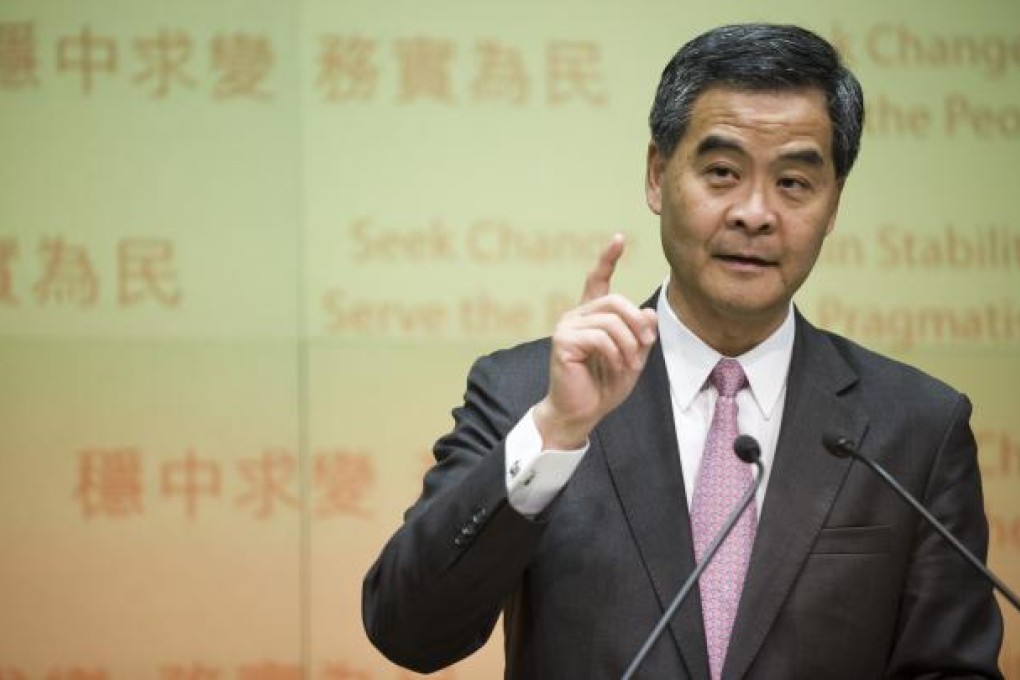Disability issues put on the agenda
Louisa Mitchell says the attention paid to disability issues in the policy address may well encourage activists to push even harder for change

Don't faint. I am going to say something positive about Chief Executive Leung Chun-ying's policy address last week.
Earlier this week, I attended a press conference held by a student-led social concern group at City University. It had undertaken a survey on the accessibility of the campus and attitudes towards disability and was publicising the results.
In general terms, the researchers found that much of City University was inaccessible to people with different physical disabilities, yet attitudes were positive. No great surprises there, but what struck me was the way the work was conducted and presented.
The students had co-ordinated across university departments, consulted the community, engaged external experts to conduct credible research and leaned on the students' union for resources. They had produced a comprehensive leaflet in which the results were clear and precise. The panel of speakers was articulate, professional and passionate.
As I sat listening to them present persuasively how physical accessibility was important but only part of the problem because it was co-ordination and total quality management that were required to change values and systems, I found myself musing about how people with disabilities have developed their voice. They have a strong ability to argue strategy and vision for how to ensure they are fully integrated in society, with access to equal opportunities, with evidence behind them and specifics on how to get there.
And that was when I saw Leung's policy address in a positive light for people with disabilities.